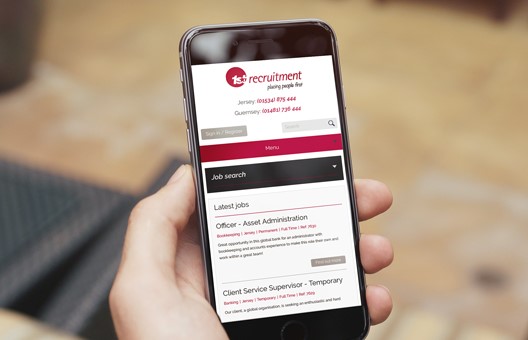How to start a CPD plan & why!

To progress in your career you have to be the driver of your own success. To do this, alongside ambition and hard work, you need a clear continued professional development plan - something often overlooked. With over 1,400 professional bodies, institutes and membership associations in the UK, there is a course to represent all industries and professions.
Although many companies offer some CPD time within working hours to meet their professional body's standards, having your own goals and plan of action (outside of required learning) is the way forward. It also shows your current / potential employer that you are driven and self-motivated.
Here’s 4 steps to get started….
Step 1: Define what you want
Whether this is a promotion, and horizontal career move, key achievements, a new skill set or a new career altogether - defining a clear goal for your CPD plan is imperative.
Step 2: Work out how you are going to get there
What are the barriers in your knowledge now that are preventing you reaching this goal? Where do you see yourself in two years and what specific qualities / skills do you need to get there?
Step 3: Do your research
Know your stuff, find out the professional body for your industry and see what courses they offer for your experience (e.g. ICSA, CIM, CIMPR, ACCA etc…) and talk to your colleagues and superiors about beneficial courses.
Step 4: Be honest
Be honest about what level of commitment you can do well & over what timescale. CPD is meant to be completed around your working life, so create a learning plan that is right for you.
We can’t stress enough the importance of continuous learning, no matter what stage of your career you are at. Our friendly consultants are on hand for an open discussion about your next step, call us on 875444 or email consultants@1strecruit.co.uk.
« Back to newsFollow 1st Recruitment Group on facebook, twitter and LinkedIn for the latest job vacancies and news.
The 1st Recruitment Group team are specialists within the offshore market and pride themselves on their industry knowledge and networks.








